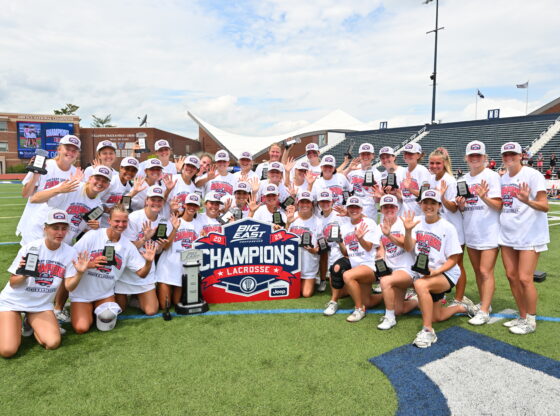Two hundred and thirty-one years ago, the Declaration of Independence set forth that “all men are created equal.”
At the height of the Civil War, President Abraham Lincoln issued the Emancipation Proclamation to free the slaves, followed two years later by the ratification of the 13th Amendment to the Constitution outlawing slavery.
Another 89 years passed before Brown v. Board of Education overturned school segregation, and 10 years later President Lyndon Johnson signed the Civil Rights Act into law.
Fast-forward to today. As we near the end of Black History Month, we contemplate the distance we’ve covered in America since the days when blacks were held in bondage and treated as second-class citizens, if they were even considered citizens at all.
In the two and a quarter centuries since the framers of the Constitution defined what our nation would be, have we finally succeeded in recognizing that all people are created and treated equally?
Have we, at long last, realized our forefathers’ dream of a land of peace and equality?
Unfortunately we have a long way to go, and that battle for equality lingers even in this moment.
Sure, America now has a viable black presidential candidate in Sen. Barack Obama, even if he does trail Sen. Hillary Clinton in early Democratic polls.
But in his now infamous remark in a Jan. 31 interview, Sen. Joe Biden, a Democrat himself, showed the seedy underbelly of our so-called fight for equality. In that interview, he called Obama “articulate and bright and clean and a nice-looking guy,” traits he said distinguished Obama from other black would-be front-runners from past elections.
Biden’s racist comment is so inflammatory because it is not overtly discriminatory as one might have seen in decades and centuries past. Indeed, Biden seems to compliment Obama. But, inherently, he praises Obama as a colleague because he is “clean,” and in choosing this word to describe him, he signifies that today’s racism is more subversive than in past eras.
Biden’s remarks serve as a signal flare in the battlefield of equality that show that there are many in America, even powerful politicians such as Biden himself, who still fail to see minorities as equal to the majority.
Why must Obama be “clean” to have a chance in the upcoming election, as Biden suggests? Does that attribute mean that other minorities are “dirty” or otherwise unworthy?
The mere fact that we must ask ourselves these questions illustrates that many Americans in the majority still feel that minorities such as Obama play the role as the “other,” or as needing to display more “white” qualities such as cleanliness to gain respect.
Biden’s underlying racism can give us all some insight into our own lives. Do we, even here at an institution for higher education, hold our identity to be unlike those with different skin colors, religious beliefs, gender, sexual orientation, or nationality? Do we see them as different from ourselves? If so, do we discriminate against them, even in ways we cannot fully see?
If history teaches us anything, we should know that at some time or another,all of us have discriminated and likely continue to discriminate against some group of people. Likewise, we have all likely been discriminated against.
As Black History Month draws to a close, we must study that subject and others like it so that we can all grow, and that we can all learn a lesson from each other.
The real trick is to start seeing “them” as “us” and to start seeing the “other” as “ourselves.”
Until that end, racism will continue to haunt our dreams of a better America.











